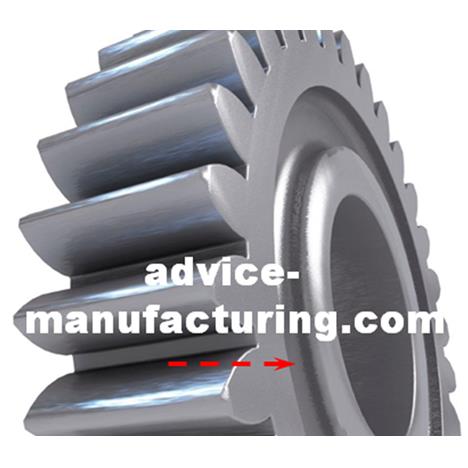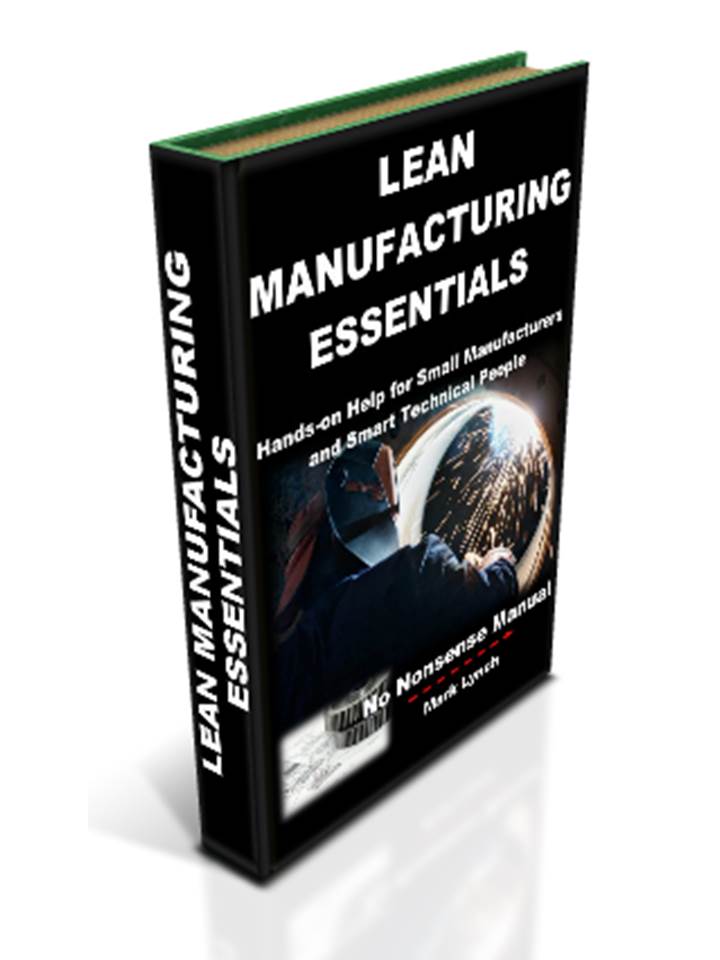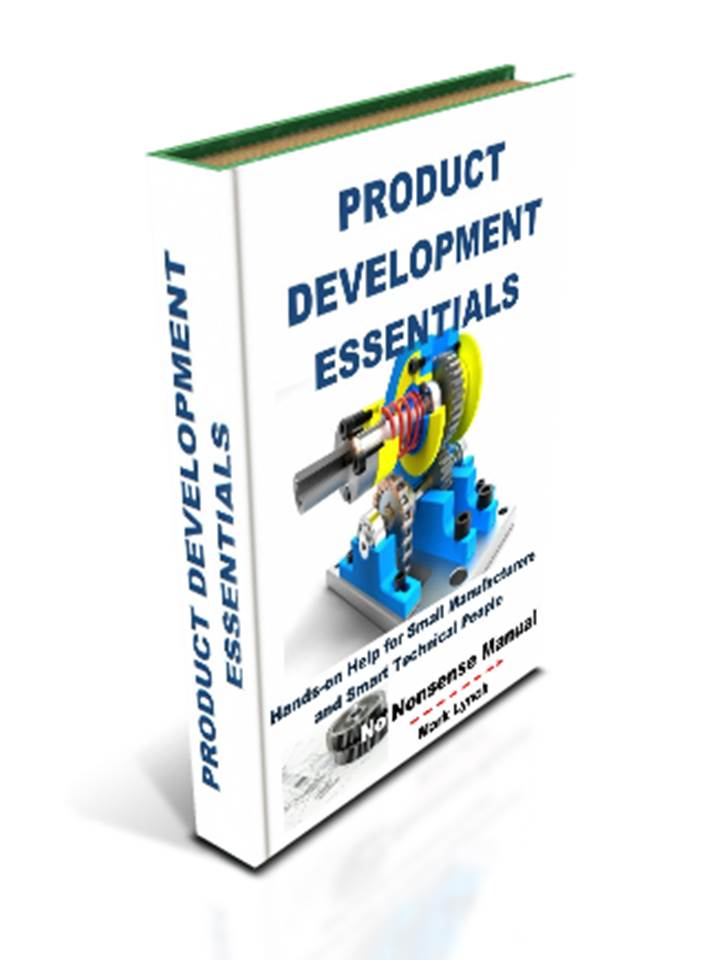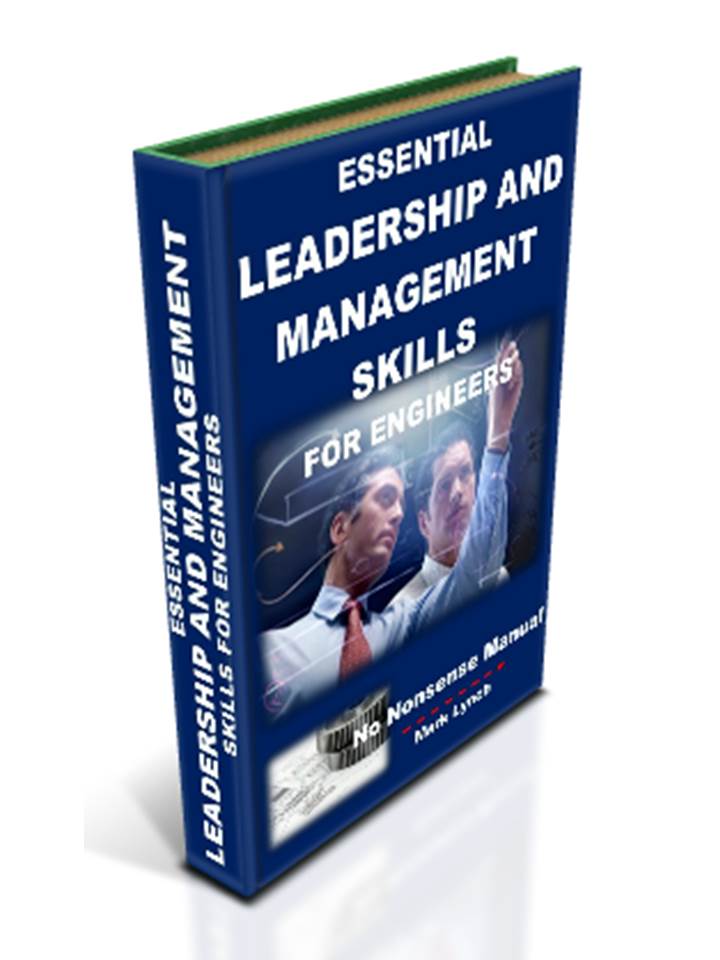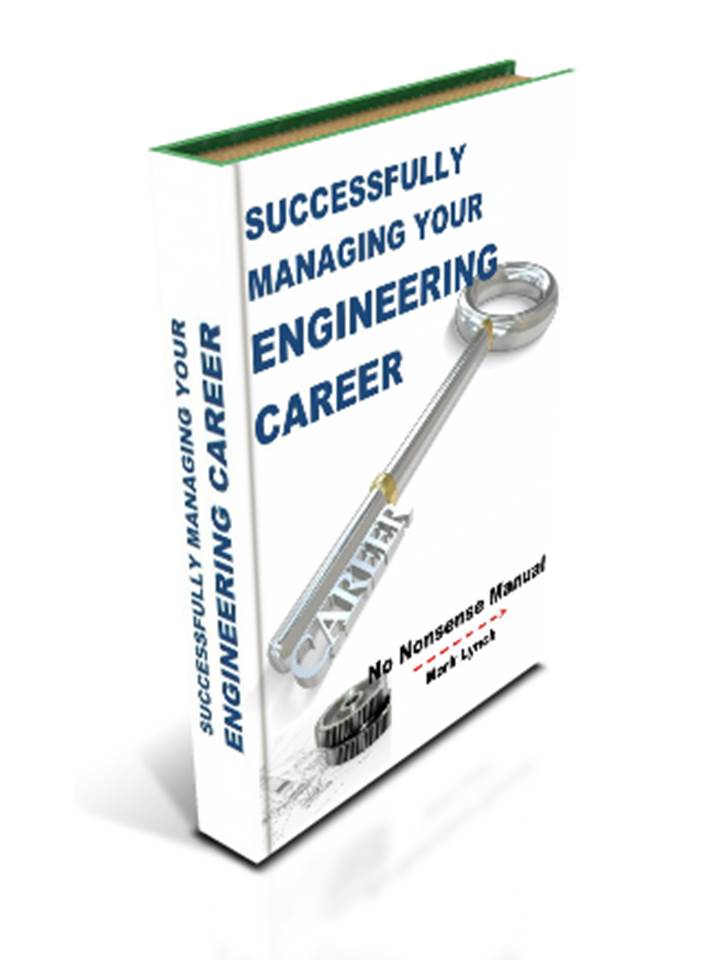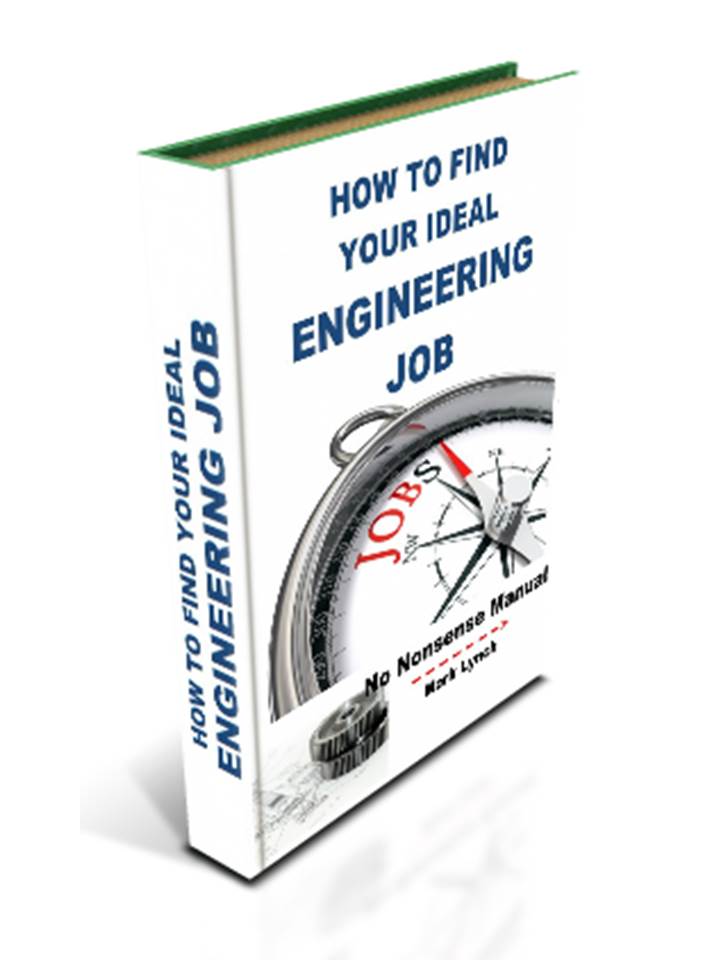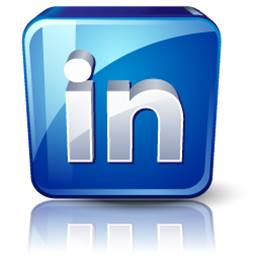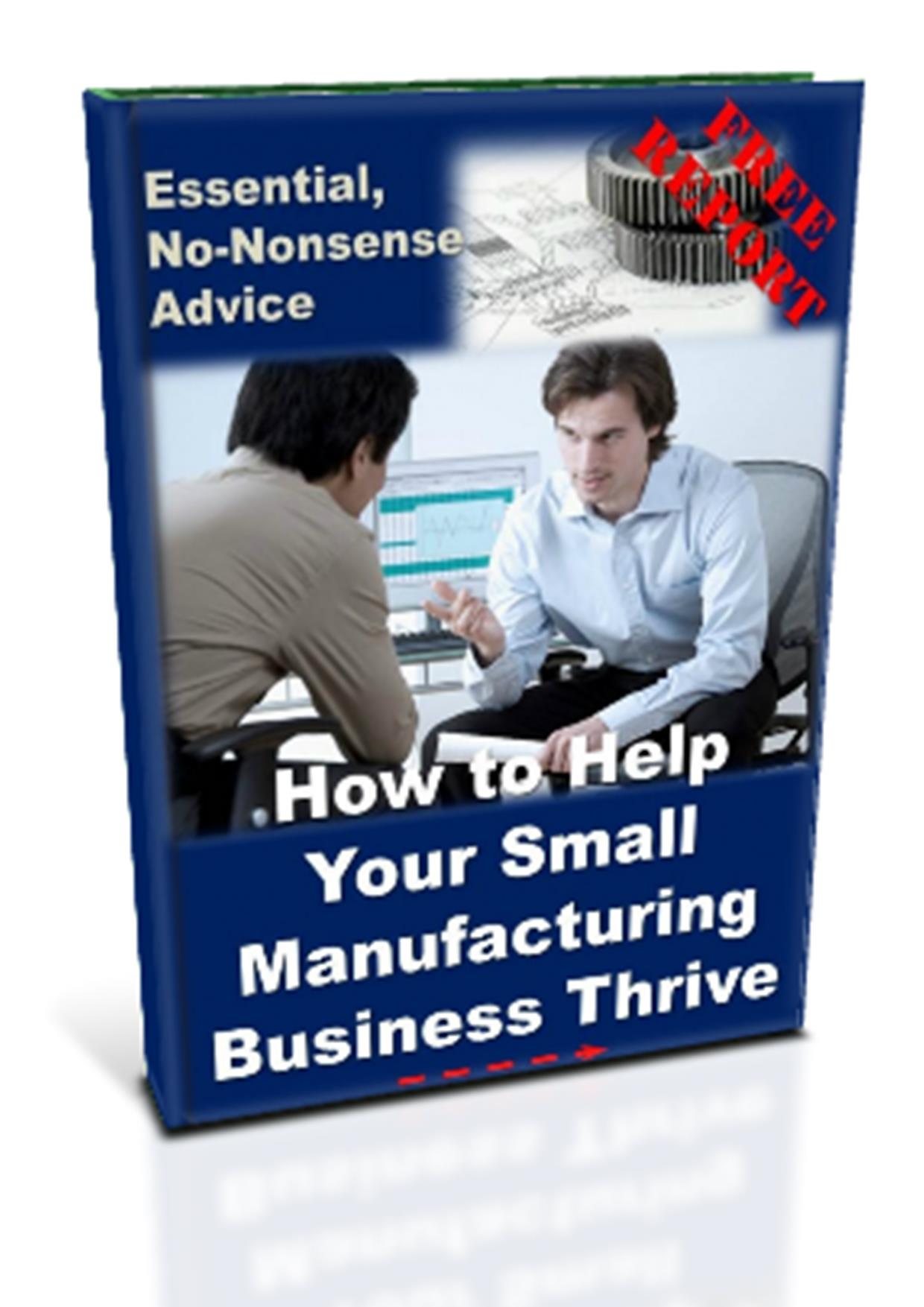'Hands-on Help for SMEs' and Smart Technical People'
Get
Organized and Get on:
Career Life Long Learning
Career Management for Engineers
Career Life Long Learning for Engineers...
Get Organised
Now you are conscious of pro-actively managing your professional development, make sure you build on it. Maintain your momentum. Don’t let your efforts go to waste. Prioritise the activities you do at work. Apart from your core job, ensure any additional tasks you undertake work broadly toward career objectives. Dramatically reduce or eliminate things that are unproductive. You know your time is precious. The best way to do this is to get organised.
Here are a few simple tips...
- Think about Continual Professional Development (CPD) as a path running parallel to your career. With your career path, typically you’ll have had a series of jobs that build on the previous one in terms of responsibilities, salary, experiences etc. Your CPD should run parallel to this, as a set of experiences and activities. With career life long learning your CPD tasks enable you to perform roles more competently, as well as qualifying you to progress and apply for the next position.
- Set up a simple lever-arch folder to include CPD features and information related to your career objectives. These may be from any source, such as trade publications, short course notes, presentations etc. The folder enables you to keep all useful career information in one place. It also serves as an excellent reference source. Feel free to divide the folder into related sections.
- Set up a corresponding digital folder. This should serve the same purpose for career-related digital files. Extracts from the web and emails can be quickly dragged and dropped in the folder. You can add additional themed folders, as well as search for the information quickly.
- As part of your career life long learning consider setting up a presentation folder featuring CPD course certificates and other more official documentation. This evidence of CPD activities will be invaluable if applying to a professional engineering institution or for professional registration. Likewise, it can form part of your portfolio for future interviews.
- Think about setting up a basic spreadsheet to list and track any activities you do related to training. Examples of fields for your spreadsheet may include activity description, date, provider, contact details and comments. Any activity only needs to be a single line so you can rapidly keep your record up to date. You may choose to link it to electronic documents or include references to hard folders. Get into the habit of promptly jotting down activities as soon as you undertake them.
Career Life Long Learning for Engineers
Taking the analogy above of CPD running parallel to your career, you should consider professional development and learning as something you never stop doing. The only thing that may change is the pace at which you learn, depending on where you are in your career. You’ll be aware technology, manufacturing and engineering are constantly evolving and improving. As such, it’s critical your skills remain up to date if you are to remain competitive. Your talents need to be relevant if you are to maximise your employability.
As part of your career life long learning, your past experiences will also be invaluable. However, to remain relevant you need to know how to apply these abilities in the modern world. Huge chucks of manufacturing and the jobs they support have become obsolete as they failed to adapt and change as quickly as their competitors. Don’t let that fate befall you.
Skills and knowledge you may want to consider keeping up to date include technical, professional, business and managerial. For good quality sources of keeping yourself up to date see the Business & Industry and Skills Shortage is Critical sections.
Your Career Management is your responsibility, not that of your employer or anyone else. To ensure its upkeep into the future, build routine into the way you work. Annual appraisals at work are a start. But use these to go further and examine the progress you are making on wider career goals.
Detailed annual career reviews are highly recommended. Reasonably thorough half-yearly reviews, perhaps with more frequent 1-2-1 sessions, will also enable you to chart your development and modify objectives as required. Accomplishing your career targets will give you great satisfaction and fuel your drive to achieve more.
Next... Improving your Personal Profile in the Work Place
Back to Your Career Management
Based on your experience, what’s the Single Best Piece of Advice you’ve heard for a Great Engineering Career?
Have you had an inspirational coach, mentor or manager? Knowing what you know now, what’s the single most effective piece of advice you’d give to a young engineer coming through now?
